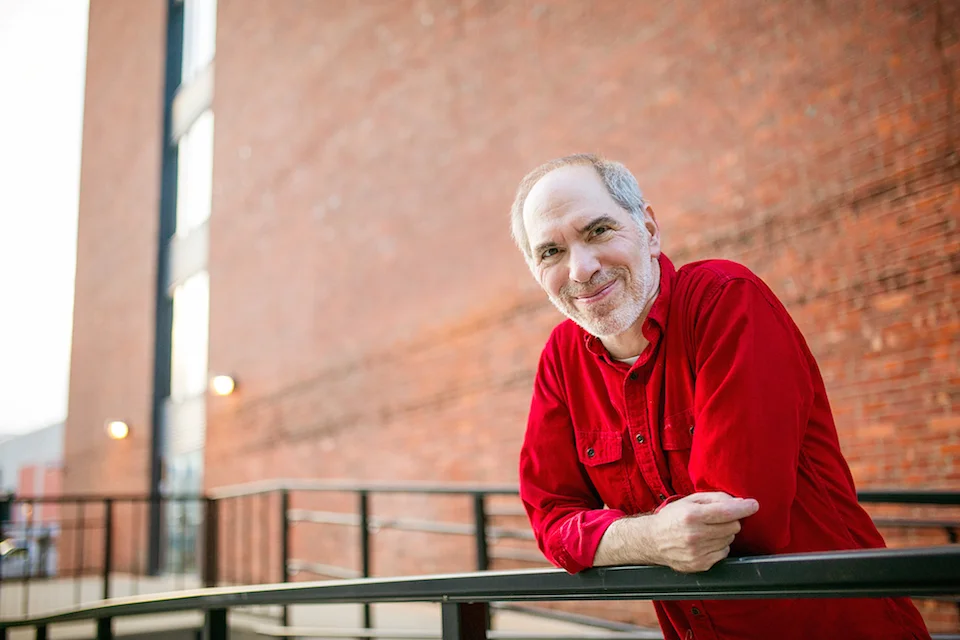On Robert Shaw
/Although my father was a professional violinist and I could read music almost before I could read words, as a kid I was an indifferent piano student and ultimately rebelled against everything connected with classical music. At sixteen, however, my interest was rekindled by singing in my high school choir and by hearing Robert Shaw conduct Bach’s B Minor Mass, which hit me like the proverbial ton of bricks.
© All rights reserved by Martin Vincent Chalifour
Just before heading to college, I sang under Mr. Shaw in a performance of the Berlioz Requiem. (To this day, I dare not call him “Robert” or “Bob”) His physical limitations as a conductor were obvious, even to my then-untutored eye; but his powerful personality, overwhelming musicality, selfless dedication to the composer, unique command of the English language, unmatched ear for sonority, and magical ability (there’s no other adjective) to turn 150 amateurs into a precise yet flexible instrument made it clear that, try as I might, I would not be able to resist making music my life.
My professional path crossed Mr. Shaw’s numerous times in later years. I tried to convince him that he was the reason I became a conductor, but he just shrugged and modestly denied responsibility.
I’ve been lucky to know and work with many outstanding conductors, but it is to Mr. Shaw that I owe the greatest debt. As he himself once said about his mentor, George Szell, to the end of my days I will be grateful.
From nytimes.com Comments, “What Inspired You to Work in Classical Music?”
July 2013
Rehearsals and performance excerpts of Verdi's "Ave Maria" and "Stabat Mater" conducted by Robert Shaw.

